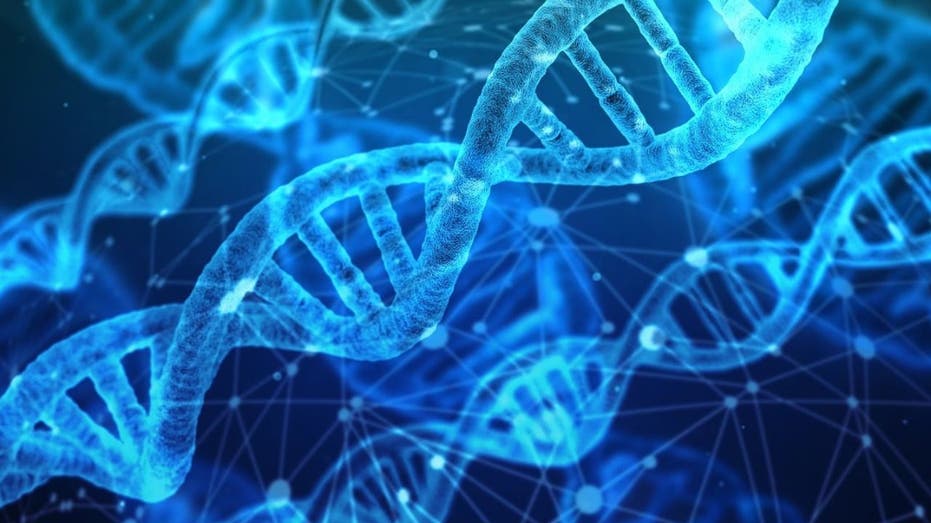The Unexpected Consequences of Taking a DNA Test

In the quest for self-discovery and health awareness, many individuals have opted to take DNA tests, eagerly anticipating revelations about ancestry, health risks, and even potential connections with long-lost relatives. However, the journey into the world of genetic testing can lead to unforeseen consequences that extend beyond mere curiosity.
Understanding the Allure of DNA Testing
DNA testing kits have surged in popularity as people seek to uncover insights into their genetic makeup. These tests promise to reveal not only personal health risks, such as predispositions to Alzheimer’s or heart disease, but also the intricacies of one’s ancestry and familial connections. Many individuals purchase these kits seeking valuable health information or as thoughtful gifts for loved ones.
- ASUS TUF VG28UQL1A – is this the best 4K HDMI 2.1 gaming monitor?
- First Impressions: HORI Racing Wheel Apex – licensed PS5 and PC wheel
- Burnout Prevention Strategies for Startups: Funding, Growth, and Employee Well-being
-
Meta Denies Using Pornography to Train AI, Claims Downloads Were for Personal Use

The Hidden Risks of Genetic Testing
While these tests may seem harmless, the reality is that they come with substantial risks—especially when it comes to data privacy. When you submit your DNA, you’re granting companies access to incredibly personal information. This data goes beyond simple genetic markers; it includes potential medical conditions, ethnic backgrounds, and even behavioral traits. The implications of this information being mishandled can be dire, leading to unauthorized genetic testing, increased insurance premiums, health-related scams, and the unearthing of family secrets that can cause emotional distress. For instance, one woman reported feeling as though she had “lost her entire family” after discovering unexpected results from a DNA test.
The Ripple Effect of Shared DNA
It’s essential to recognize that even if you choose to abstain from DNA testing, family members who share your genetic material can inadvertently expose you to the same risks. If a sibling or child submits their DNA for testing, the information gathered could potentially affect your privacy and expose you to various risks without your consent.
Data Sharing: What You Need to Know
Many people are unaware that a significant portion of commercial DNA testing companies share genetic data with external parties, including researchers, marketers, and even law enforcement agencies. Recent research has revealed that nearly 50% of these companies utilize genetic data for research purposes, while a similar percentage shares information for marketing. Alarmingly, a similar proportion collaborates with law enforcement, often without the need for a subpoena or court order.
Despite claims that data is anonymized, the reality is that genetic information can often be re-identified, especially when combined with other data sources. This raises serious concerns about privacy, particularly given that data brokers and people search sites may sell sensitive information, including lists of vulnerable individuals.
Navigating the Complexities of Data Deletion
For those who have already taken a DNA test, the process of deleting your genetic information can be daunting. An investigative journalist who attempted to remove her genetic footprint described the experience as “brutally difficult.” With companies like 23andMe facing financial instability, there are legitimate concerns about the future of personal genetic data if a testing company is sold or dissolved.
Consumers are often left in the dark regarding the storage and destruction of their samples, with many companies only providing vague assurances of “secure facilities.” This lack of transparency can create significant challenges for individuals attempting to regain control over their genetic information.
Steps to Protect Your Genetic Data
If you are considering a DNA testing service or have already participated in one, it’s crucial to take proactive steps to protect your personal information. Here are some recommendations:
1. **Invest in Data Removal Services**: To minimize the risk of your genetic data being linked back to you, consider utilizing personal data removal services that can help clean up your information from online databases.
2. **Choose Reputable Companies**: Opt for well-known and established DNA testing providers, as they are more likely to adhere to robust privacy and security standards.
3. **Review Privacy Options**: Carefully evaluate privacy settings during the sign-up process. Many companies allow users to opt in or out of data sharing for research or marketing purposes.
4. **Limit Data Sharing**: Be cautious about allowing your information to be shared with third parties. While consent can be revoked later, previously shared data may not be retrievable.
5. **Delete Data Post-Test**: If you’ve already taken a test, check the company’s privacy policy regarding data deletion and take action if possible.
6. **Avoid Third-Party Uploads**: Steer clear of uploading your genetic information to external services that may share data without your explicit consent.
7. **Consider Anonymous Testing**: Utilize anonymous methods when submitting DNA samples, such as pseudonyms or alternative payment methods, to enhance your privacy.
Final Thoughts: Weighing the Risks of DNA Testing
Your DNA is a treasure trove of personal and sensitive information, and once it has been shared, regaining control can be challenging. From privacy concerns to unexpected family revelations, the risks associated with DNA testing are often underestimated. Before diving into the world of genetic testing, reflect on whether you’re comfortable with the potential for your data to end up in the hands of marketers, law enforcement, or other entities without your explicit consent.
Have you ever taken a DNA test, or do these risks give you pause? We want to hear your thoughts and experiences, so reach out to us.
For more tech tips and security alerts, consider subscribing to our newsletter for the latest updates and insights.
